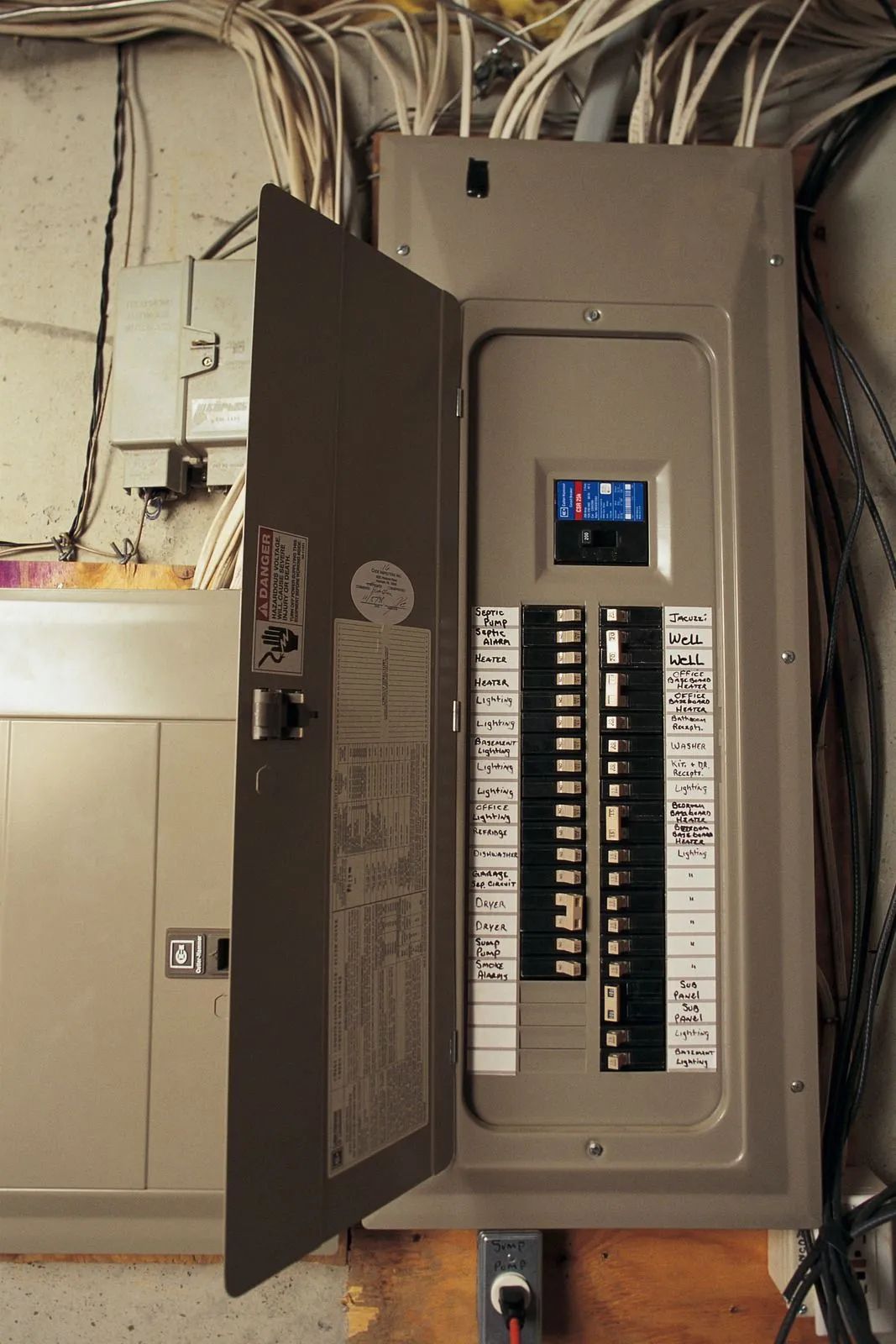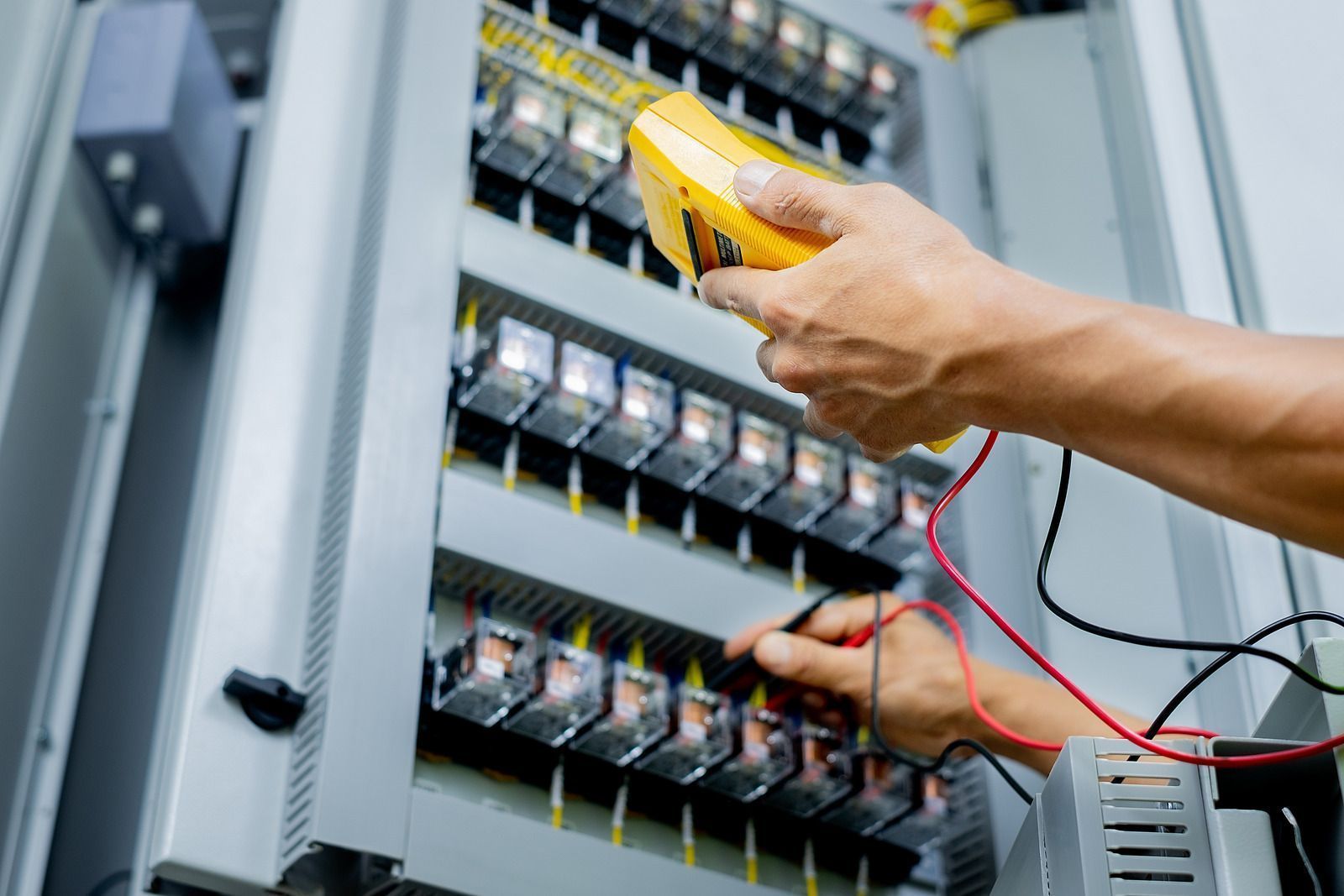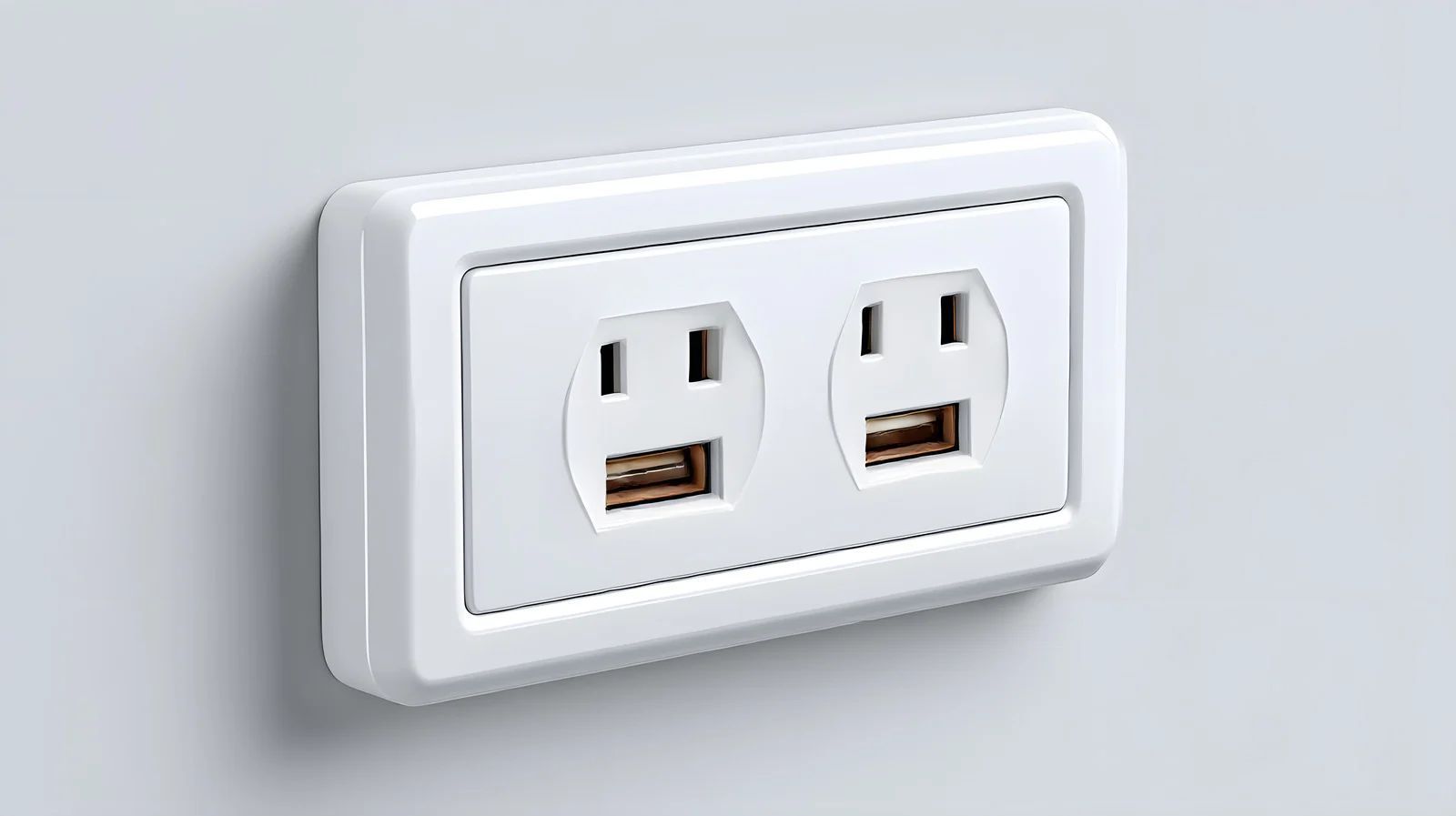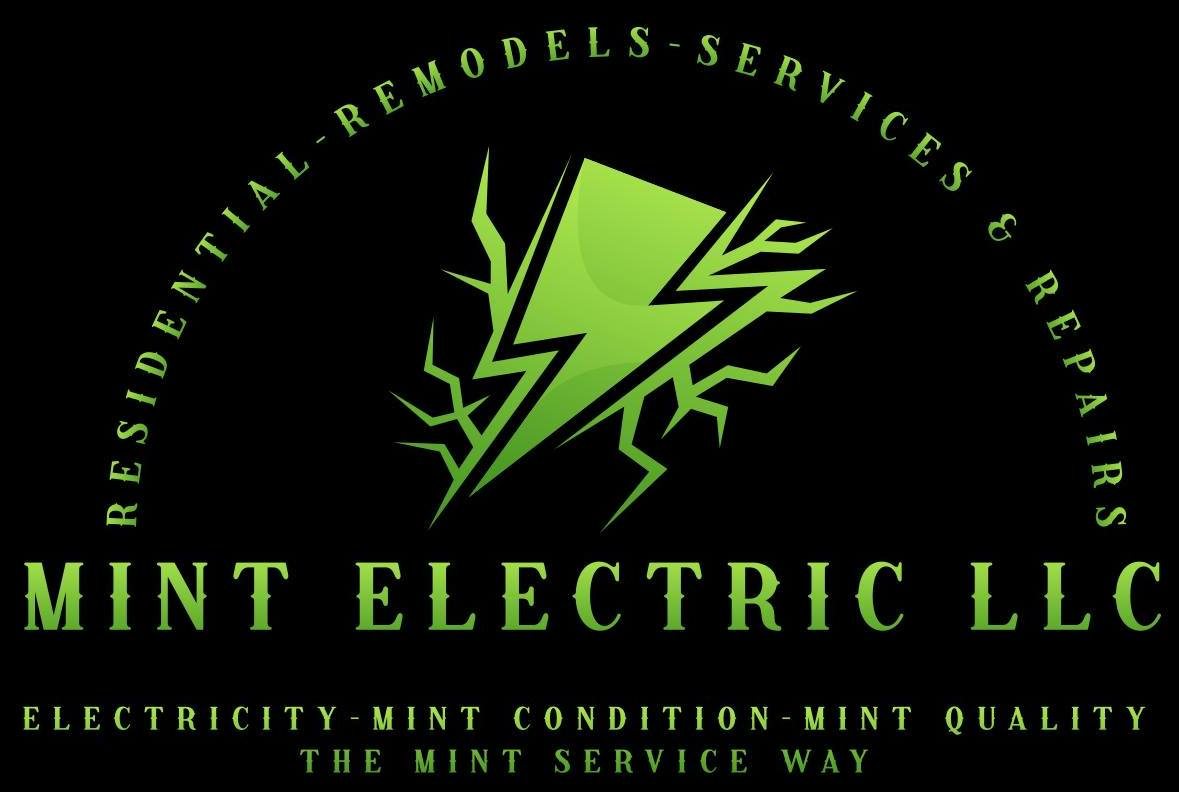Top Signs Your Home Needs a Panel Upgrade Before It’s Too Late
April 28, 2025
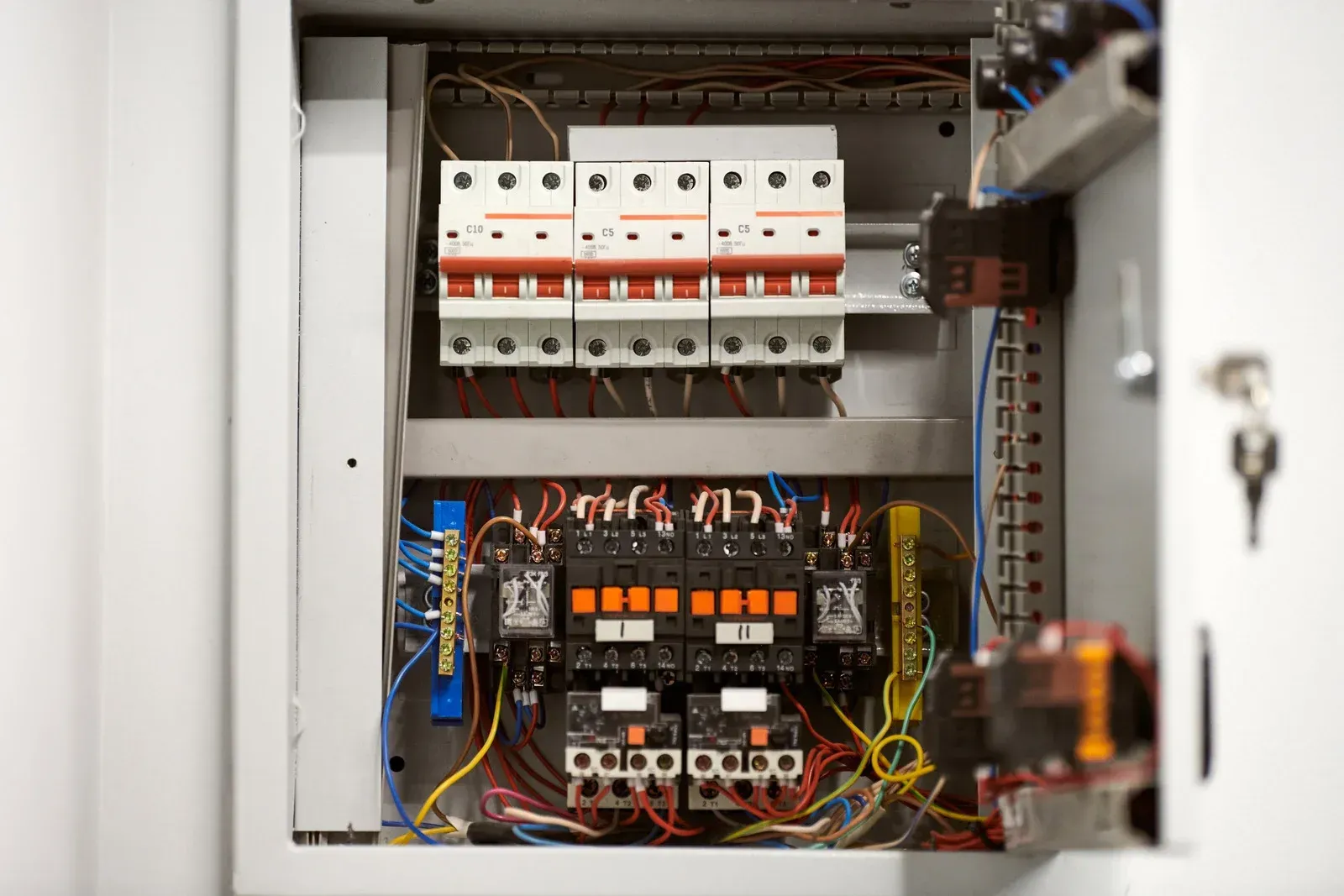
An outdated electrical panel can create a host of safety and efficiency issues inside your home. Over time, the demands placed on your electrical system increase. Modern appliances, smart devices, and energy-hungry systems require more power than older panels were designed to handle. If your panel is struggling to keep up, it’s not just an inconvenience—it’s a potential hazard.
Recognizing the warning signs early can save you from costly repairs, damage, or worse. Here are the top signs that your home is due for a panel upgrade.
Your Breakers Trip Frequently
Circuit breakers are designed to cut power as a safety measure when there’s too much current running through a circuit. If your breakers are tripping often, it could mean the panel is overloaded. Resetting the breaker might work temporarily, but when it becomes a pattern, it points to a deeper issue. A newer panel with greater capacity can solve this problem and restore stability to your electrical system.
Your Home Still Has a Fuse Box
While fuse boxes were standard decades ago, they’re no longer up to code for most residential settings. They’re not only less efficient, but they’re also far more prone to overheating and electrical fires. Replacing a fuse box with a modern breaker panel significantly improves both safety and functionality, making your home more compatible with today’s electrical standards.
You Use Too Many Power Strips or Extension Cords
If you’ve got power strips in every room or rely on extension cords to reach your devices, it’s a strong indicator your home doesn’t have enough outlets. This can stem from a panel that isn’t equipped to support the additional wiring required for modern living. Upgrading the panel opens the door for expanding the number of safe, grounded outlets in your home.
Lights Flicker or Dim When Appliances Run
When large appliances like your HVAC system or microwave cause the lights to flicker or dim, it’s usually a voltage regulation issue. Your current panel may not be capable of handling the load. This imbalance can lead to damage to appliances over time and adds unnecessary strain to your entire system.
You’ve Recently Renovated or Added New Appliances
Any significant changes to your home, such as remodeling the kitchen, adding a home office, or installing an EV charger, increase your overall power demand. If the panel hasn’t been upgraded accordingly, it may struggle to support the added load. That can lead to overheating, shorts, and even complete panel failure.
Your Panel Feels Warm or Smells Like Burning
A panel that’s hot to the touch or gives off a burning smell is an emergency situation. It could mean wires are melting or arcing inside the box, creating a serious fire risk. If you notice either of these signs, it’s crucial to cut the power and contact a licensed electrician immediately.
At Mint Electric, we understand how important a reliable electrical system is to the safety and comfort of your home. With over 10 years of experience, our licensed professionals are trusted by homeowners throughout Mapleton, UT for safe, code-compliant panel upgrades. If your home is showing signs that it’s time for an electrical upgrade, give us a call today and let’s get your system back on track.

